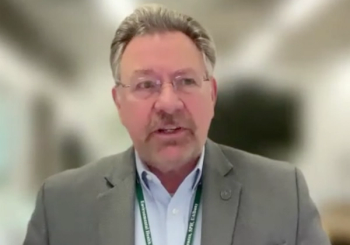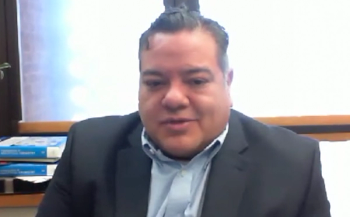
UTEP Chemistry Chair Named Piper Professor
The Minnie Stevens Piper Foundation, a non-profit, charitable corporation, has named Jorge Gardea-Torresdey one of 10 Piper Professors for superior teaching at the college level.
The Minnie Stevens Piper Foundation, a non-profit, charitable corporation, has named Jorge Gardea-Torresdey one of 10 Piper Professors for superior teaching at the college level. Gardea-Torresdey is chairman of the Department of Chemistry and Dudley Professor of Chemistry and Environmental Science and Engineering at The University of Texas at El Paso (UTEP) in El Paso, Texas.
The distinction is one of the most prestigious awards bestowed on a higher education professor in the State of Texas. Gardea-Torresday was recognized for his work in microscopic nanoparticles while keeping the academic interests of his students a priority.
“In Dr. Gardea’s 20-year tenure on this campus, he has strengthened UTEP’s international reputation as a research institution with his groundbreaking work on nanoparticles with potential for medical and environmental applications,” UTEP President Diana Natalicio said in a statement. “His research success has always been combined with a strong commitment to teaching, mentoring and serving as a role model to Hispanic students, thereby contributing significantly to UTEP’s progress toward becoming the first national research university with a 21st century student demographic.”
Gardea-Torresday, who has been at UTEP since 1994 and chair of the chemistry department since 2003, officially will be recognized for his Piper honor during the University’s Fall Convocation in September. He is the 13th professor from UTEP to achieve this honor since the San Antonio-based program began presenting the awards in 1958.
Newsletter
Get essential updates on the latest spectroscopy technologies, regulatory standards, and best practices—subscribe today to Spectroscopy.




